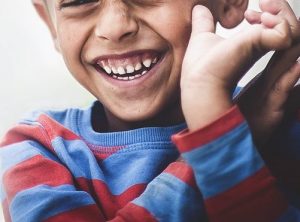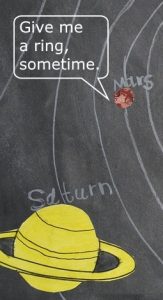Being silly for children’s fun and learning is written in the calendar. The expression to be “mad as a March hare” means to be crazy, and it is March. Children laugh far more times a day than adults do. Being serious is important, but laughter can help all of us cope with life’s stresses.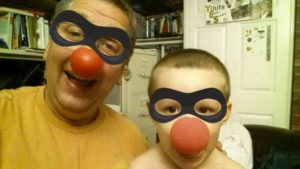
Silly antics can take no time at all and can happen practically anywhere. Absolutely no extra materials are needed to make faces at and with each other. You might want to make different ones or try and copy each other. You can use a mirror and see who makes the silliest ones. If you want to make sure you have your child’s attention for giving a few instructions, try making some very exaggerated expressions at the same time. Ask your child to say the instructions back to you, along with some silly faces.
Playing some silly games, like using bizarre words, covers up for the times when you don’t mean it. For example, ask kids to hang up the coats in the shower instead of the closet or to put the ice cream back in the dishwasher. Usually, they will howl with laughter. When you unintentionally get mixed up, like putting Little Brother’s coat on Big Sister when trying to hurry, it’s not so obvious. When getting ready to go outside, pretend to try and put on a child’s coat. It will be much too small but the enjoyment will be much fun. Or, zip your coat up on your child and then look everywhere for it. From such little interactions comes big learning.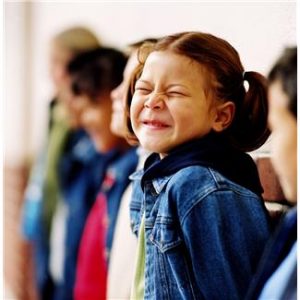
A sense of humor is something that develops and it is surprisingly complicated. First, kids have to recognize a situation as unexpected or unintended. Then, they need to check if it’s scary or threatening in any way. If not, they can go ahead and giggle. Finding something funny requires brain processing.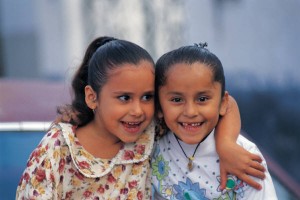
Besides being silly for children’s fun and learning, crazyiness helps children bond with us and other people. When we share a laugh, we also share a relationship. Getting along with others is a work in progress, and being able to laugh together can make it easier. Can you and your child have some silly fun today?

